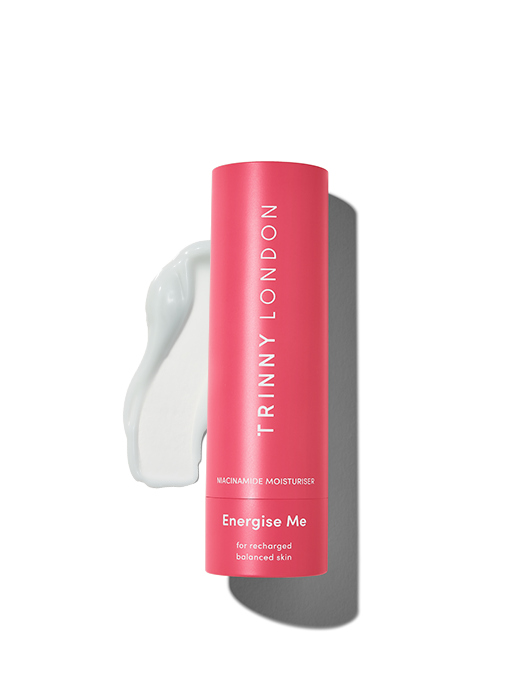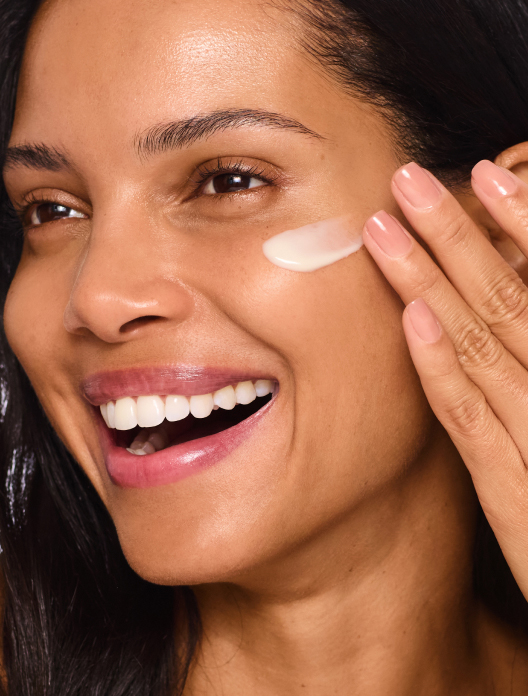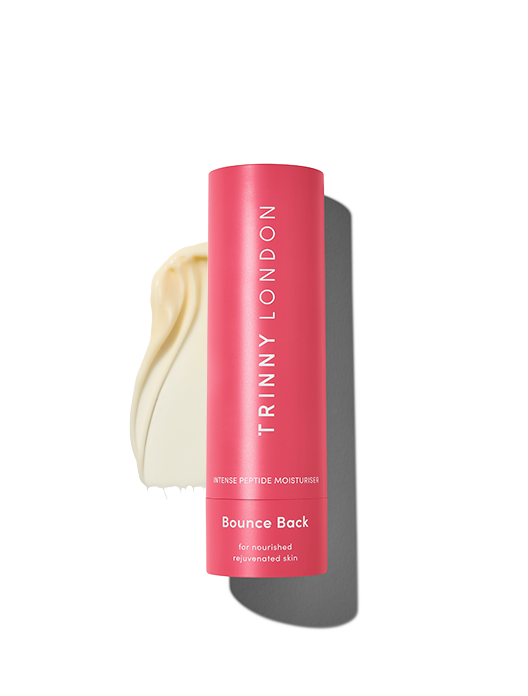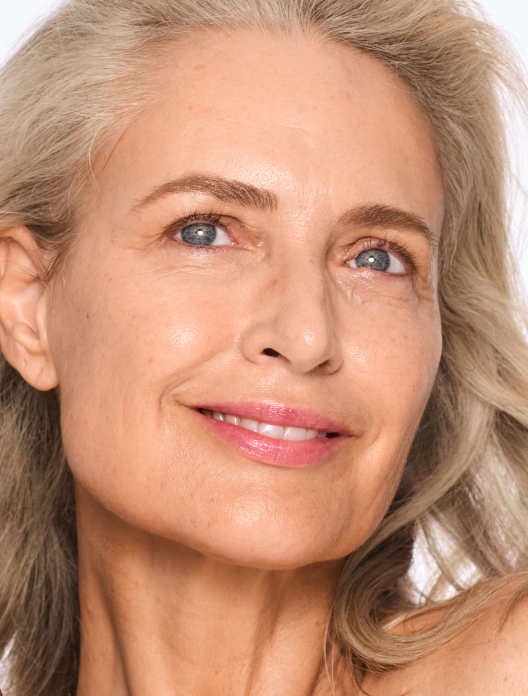

Energise Me
Niacinamide moisturiser for clear, energised skin, suitable for normal to oily skin

Different people want different things from a moisturiser, so it’s not as simple as a one-size-fits-all approach. What separates a good moisturiser from a great one is dependent on a number of different factors.
Applying skincare is a sensory experience, so take the time to think about the textures you like to use. Do you enjoy the second-skin feel of a lightweight gel cream? Or prefer the comfort of a richer cream? How a product feels on your hands, how long it takes to sink in and whether or not it leaves a coating on your skin should all be taken into consideration. Scent plays a big part too, especially as we naturally attach emotions to them. You want the scent to match your mood, whether that’s energised and ready to face the day or relaxed and winding down for bed.
Everyone needs to moisturise, but certian ingredients make formulations better suited to your skin's needs. If your complexion is normal to oily or prone to blemishes, try a formulation with niacinamide. This all-rounder ingredient is a tonic for stressed, spotty skin, helping to soothe as well as reduce the amount of oil on the surface of the skin. It can help to boost your skin’s energy levels too. For skin that’s normal to dry and feeling its age, a moisturiser packed with peptides is a smart choice. These clever little messengers encourage skin to make more collagen, the protein that gives skin its bounce. Hyaluronic acid will earn its keep in any moisturiser. A hero hydrator, it draws water into the skin and holds it there, so your complexion can reap the benefits.
Just as you change your wardrobe depending on the forecast, your skincare needs adjustment too. During the summer months, there’s more humidity in the air, making it easier for our skin to keep itself hydrated. Skin tends to feel oilier at this time, and there can be a shiny film on the surface. You may also sweat more during the summer, which can impact how your moisturiser looks as well as how well it stays on the skin. In the winter, skin is exposed to cold temperatures and biting winds, both of which can leave it dehydrated. Keep in mind that travelling, like jetting off for your summer holiday, can dry your complexion out too. For this reason you might find that you prefer a heavier moisturiser during the winter, and a lighter one in the summer.
This part is really all about personal preference rather than skin type or needs, but you may find you want to use a different moisturiser depending on the time of day you’re applying it. Unless your skin is very dry, a lighter moisturiser followed by a primer or lightweight base packed with skin-loving ingredients should provide enough hydration for all day. Anything too heavy can impact how well your makeup stays put over the top, causing it to slip and slide. At night, the staying power of your makeup isn’t a consideration, so you can plump for a more substantial moisturiser.
The time of the month, and the associated hormonal fluctuations can also play a part in how much moisturiser your skin needs. Some people find their skin feels oilier around the time of their period, and drier during the rest of the month.
Shop the article


Niacinamide moisturiser for clear, energised skin, suitable for normal to oily skin


Intense peptide moisturiser for plump, bouncy skin, suitable for normal to dry skin